MLB's wild, misguided plan to restart in May
We all miss baseball. But public health needs to come before profits.

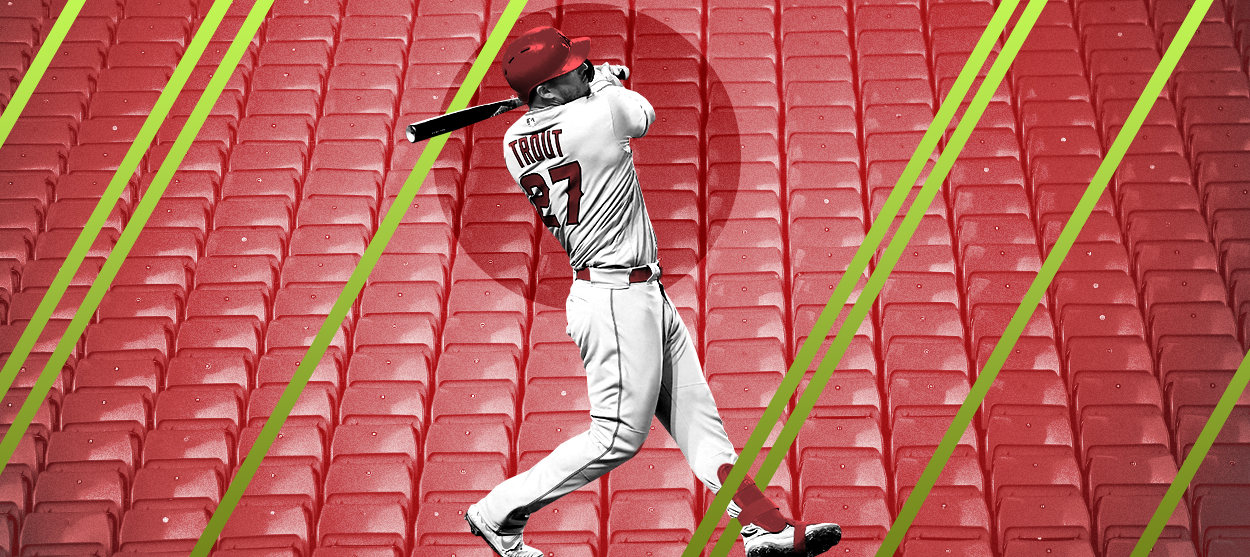
A free daily email with the biggest news stories of the day – and the best features from TheWeek.com
You are now subscribed
Your newsletter sign-up was successful
J.D. Martinez steps into the box and taps the plate with his bat. It's the top of the seventh, the final inning in the second half of a doubleheader in Phoenix, and the Boston Red Sox are down one run against the New York Yankees. You're watching at home on TV, so you can't feel it for yourself, but the late-afternoon sun has brought the temperature on the field to 101 degrees. Yankees reliever Zack Britton's first pitch gets away from him; it's a ball, says the electronic signal sent to the umpire standing 10 or so feet behind home plate. On the next pitch, Martinez makes contact — the homer clears the fence, landing in the empty lawn behind Salt River Fields. Martinez loops the bases and exits directly into the nearly-empty stands, where his teammates are seated instead of in the dugout; no one greets him with high fives or playful smacks on the rear as he makes his way back to his spot. Back on the field, though it'd be a smart time for a visit from the pitching coach, no one approaches Britton on the mound.
In a month's time, this could potentially be what baseball looks like in America: vacant stands, abandoned dugouts, rules changes, and tense distancing measures to minimize contact between players. But hey, at least there'd be baseball — right? While nothing is certain yet, and MLB tersely stated Tuesday that "the health and safety of our employees, players, fans, and the public at large are paramount," ESPN's Jeff Passan credibly reported this week that the league and players' union are "increasingly focused" on starting the season "as early as May."
And as much as I miss baseball — and oh, how I miss baseball — that would be a grave mistake.
The Week
Escape your echo chamber. Get the facts behind the news, plus analysis from multiple perspectives.

Sign up for The Week's Free Newsletters
From our morning news briefing to a weekly Good News Newsletter, get the best of The Week delivered directly to your inbox.
From our morning news briefing to a weekly Good News Newsletter, get the best of The Week delivered directly to your inbox.
I entirely understand MLB's eagerness to get back on the field, because I feel it as a fan. Spring training was cut short last month after the outbreak of coronavirus, and Opening Day was postponed indefinitely. In addition to the money that leaves on the table — MLB revenue annually exceeds $10 billion, Passan reports, not to mention the bonanza of attention awaiting the first sport to make it back on TV after quarantine — there is, frankly, an emotional reason to bring back baseball as quickly as possible. For many Americans who are currently living through dark, uncertain, and stressful times, the sport is a tried-and-true escape, a diversion for your attention and energy that has no real world consequences. Mental health and happiness are by no means trivial upsides; bringing baseball back is more than a pure business decision, it's practically one of national morale.
President Trump is acutely attuned to this. Over the weekend, the commander-in-chief expressed his optimism that fans would be able to resume attending sports in August. But adhering to an arbitrary goal could be "rash," MLB sportscaster Bob Costas explained to Vanity Fair. "It would be disastrous for their leagues and disastrous for their personal reputations if they made rash decisions," he said. "No one is going to do anything without a very sound medical and sociological basis to do it. My feeling is we shouldn't rush into anything just because people miss it. We miss a lot of things."
But to have baseball back by May or June? That's rushing. Admittedly, Passan's report outlined a scenario where fans would be excluded from stadiums for a while yet. "The plan, sources said, would dictate that all 30 teams play games at stadiums with no fans in the greater Phoenix area, including the Arizona Diamondbacks' Chase Field, 10 spring training facilities, and perhaps other nearby fields," Passan wrote. "Players, coaching staffs, and other essential personnel would be sequestered at local hotels, where they would live in relative isolation and travel only to and from the stadium, sources said." Other ideas that were discussed and conveyed to Passan included extensive testing of players, "implementing an electronic strike zone to allow the plate umpire to maintain sufficient distance from the catcher and batter," "no mound visits from the catcher or pitching coach," and "seven-inning doubleheaders, which with an earlier-than-expected start date could allow baseball to come closer to a full 162-game season."
Logistically, this is all more than a bit absurd. Such a plan would mean players would be asked to isolate from their families for "perhaps as long as four and a half months," or else risk a spouse or child passing COVID-19 on to them. As Susan Slusser, The San Francisco Chronicle's Oakland Athletics beat writer, additionally observed on Twitter, "Baseball is among the least sanitary sports — rampant spitting (tobacco, seeds), pitchers who lick their fingers before handling the ball, etc. How does this get addressed during a pandemic, even with quarantined players?" And that's not even to mention the insanity of playing doubleheaders into the late spring and early summer in Arizona, where temperatures are regularly in the triple digits.
A free daily email with the biggest news stories of the day – and the best features from TheWeek.com
But the baseball players themselves aren't the primary concern for the virus, being typically in peak age and health (although Craig Calcaterra, in his own vehement rejection of MLB's plans to potentially resume next month, notes that "Adam Duvall is Type 1 diabetic. Kenley Jansen just had heart surgery. Carlos Carrasco and Trey Mancini are cancer patients. What about them?"). The bigger fear is who the ballplayers could pass the disease on to: the average age of GMs in 2015 was over 50, Sports Business Journal reports, and many are over 60. That's not to even mention umpires, sportswriters, broadcast teams, coaches, and other support staff who, due to the experience required for their jobs, tend to be on the older side and thus have the potential to be higher risk if they contracted the illness (and like all aspects of American life right now, essential workers in janitorial jobs and other "unseen" occupations would be unfairly in jeopardy). Additionally, bringing in hundreds of players from around the country — the proposal Passan describes would allow for expanded rosters in case starters became ill — would potentially expose the Phoenix-area populace, where some towns have a median age as high as 66.
Where this argument leads is painful: There's a chance there will be no baseball at all this year if we wait for the outbreak to be stemmed completely. With experts warning that COVID-19 could resurge in the fall, sparking another round of lockdowns, getting baseball back sooner rather than later might be the difference between a little bit of a season, and none at all.
Still, there is hope to be found in urging the league to be prudent. In South Korea, which has become the global model for what a successful coronavirus response looks like, baseball is already returning. Yes it's cautious and careful, yes it's being played behind masks and without crowds. And yes, it could still go away again if any players become ill. But no baseball for the next several months, or even for the entire 2020 season, might very well be the most responsible decision for all. "I know everyone loves sports and everyone wants to watch sports," former Los Angeles Dodger Hank Conger, now a catching coach with Korea's Lotte Giants, sympathized to ESPN. "But at what cost?"
Want more essential commentary and analysis like this delivered straight to your inbox? Sign up for The Week's "Today's best articles" newsletter here.
Jeva Lange was the executive editor at TheWeek.com. She formerly served as The Week's deputy editor and culture critic. She is also a contributor to Screen Slate, and her writing has appeared in The New York Daily News, The Awl, Vice, and Gothamist, among other publications. Jeva lives in New York City. Follow her on Twitter.
-
 What to know before filing your own taxes for the first time
What to know before filing your own taxes for the first timethe explainer Tackle this financial milestone with confidence
-
 The biggest box office flops of the 21st century
The biggest box office flops of the 21st centuryin depth Unnecessary remakes and turgid, expensive CGI-fests highlight this list of these most notorious box-office losers
-
 What are the best investments for beginners?
What are the best investments for beginners?The Explainer Stocks and ETFs and bonds, oh my
-
 The 9 best steroid-free players who should be in the Baseball Hall of Fame
The 9 best steroid-free players who should be in the Baseball Hall of Famein depth These athletes’ exploits were both real and spectacular
-
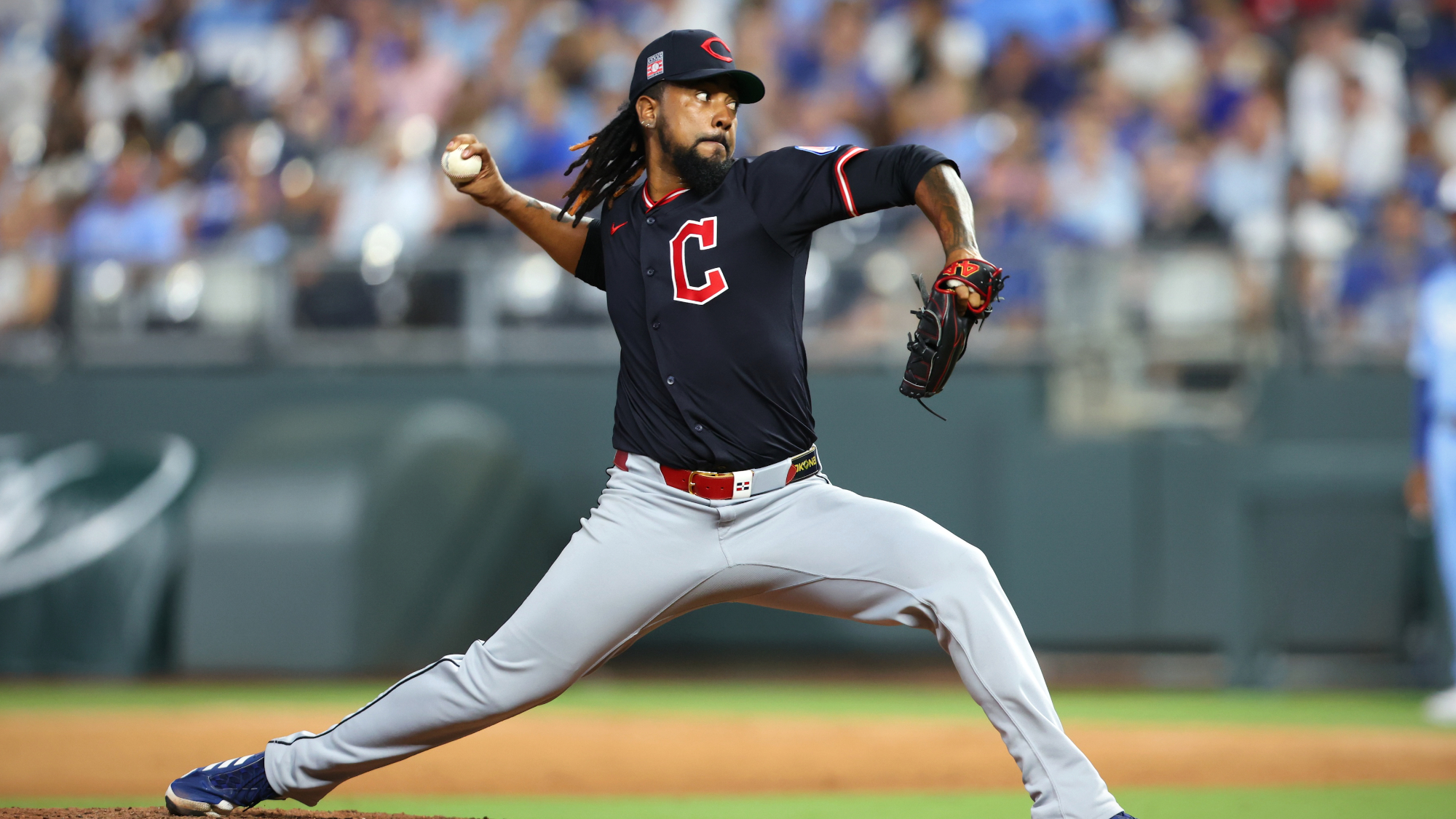 2 MLB pitchers charged with rigging throws for bets
2 MLB pitchers charged with rigging throws for betsSpeed Read Cleveland Guardians pitchers Emmanuel Clase and Luis Ortiz have been indicted
-
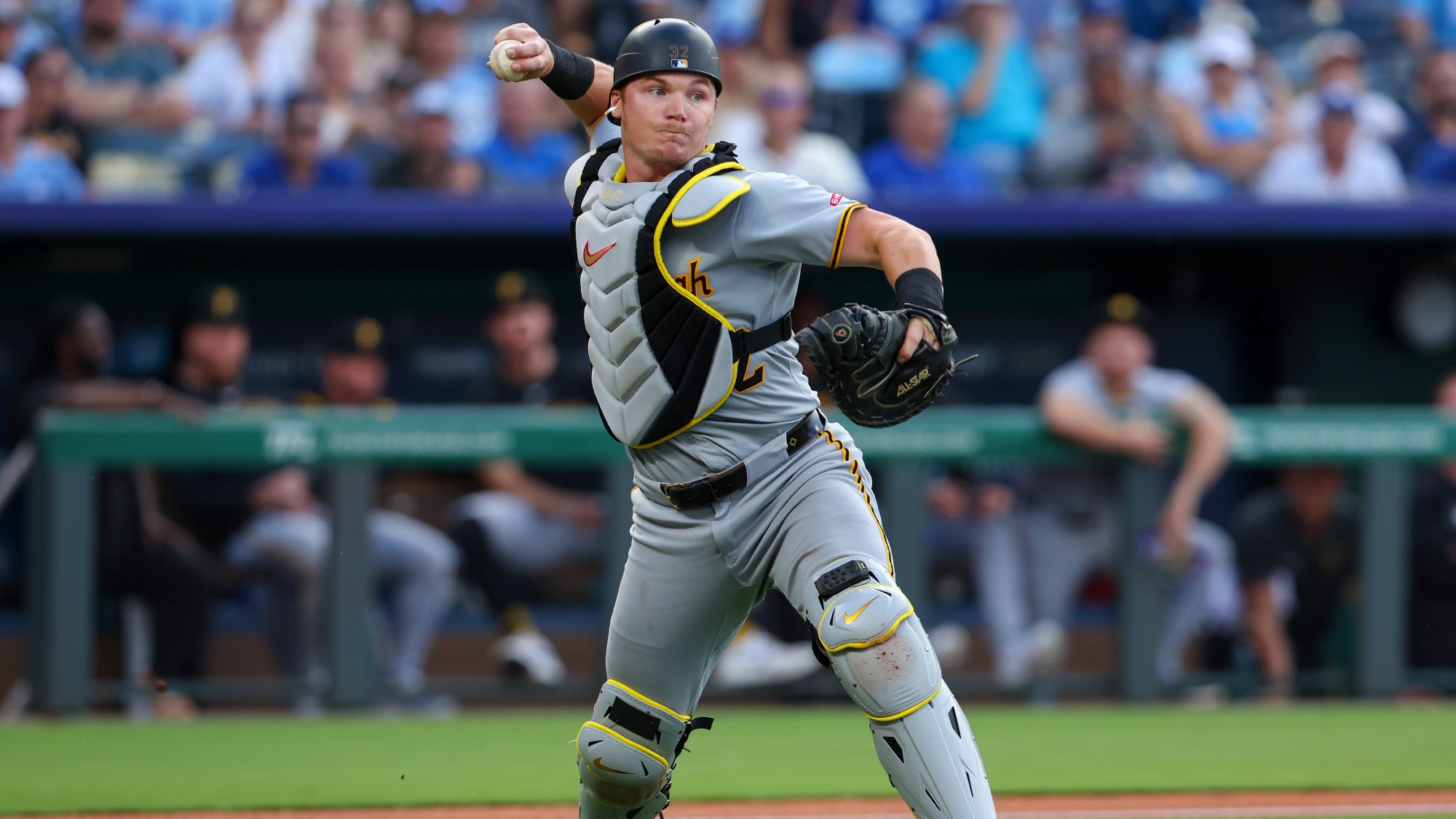 Biggest No. 1 draft pick flops in MLB history
Biggest No. 1 draft pick flops in MLB historyin the spotlight Injuries, bad luck and disappointing performances result in draft infamy for these unlucky players
-
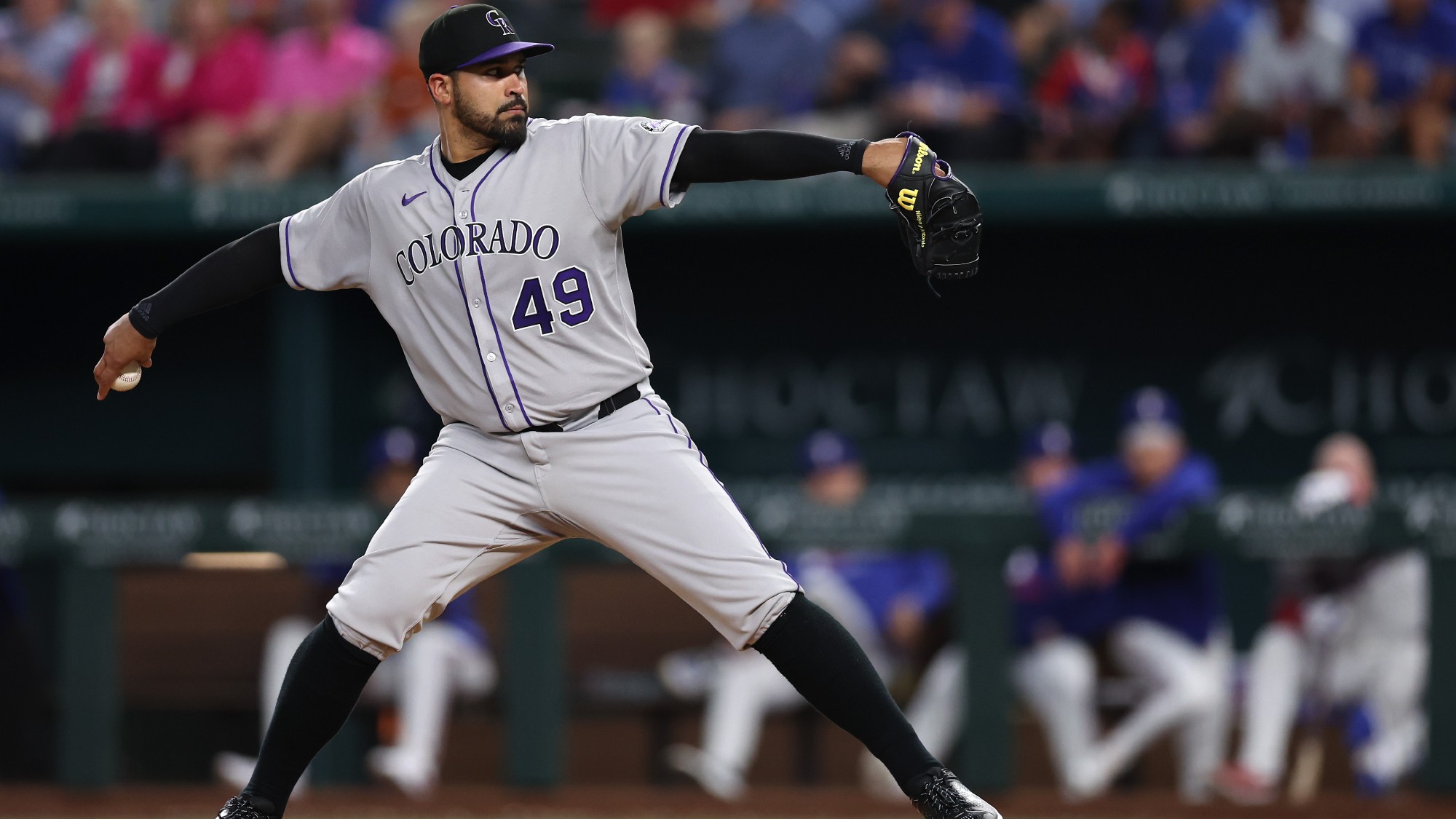 Have the Rockies reached a breaking point?
Have the Rockies reached a breaking point?the explainer Baseball's most aimless franchise takes aim at a record set just last year
-
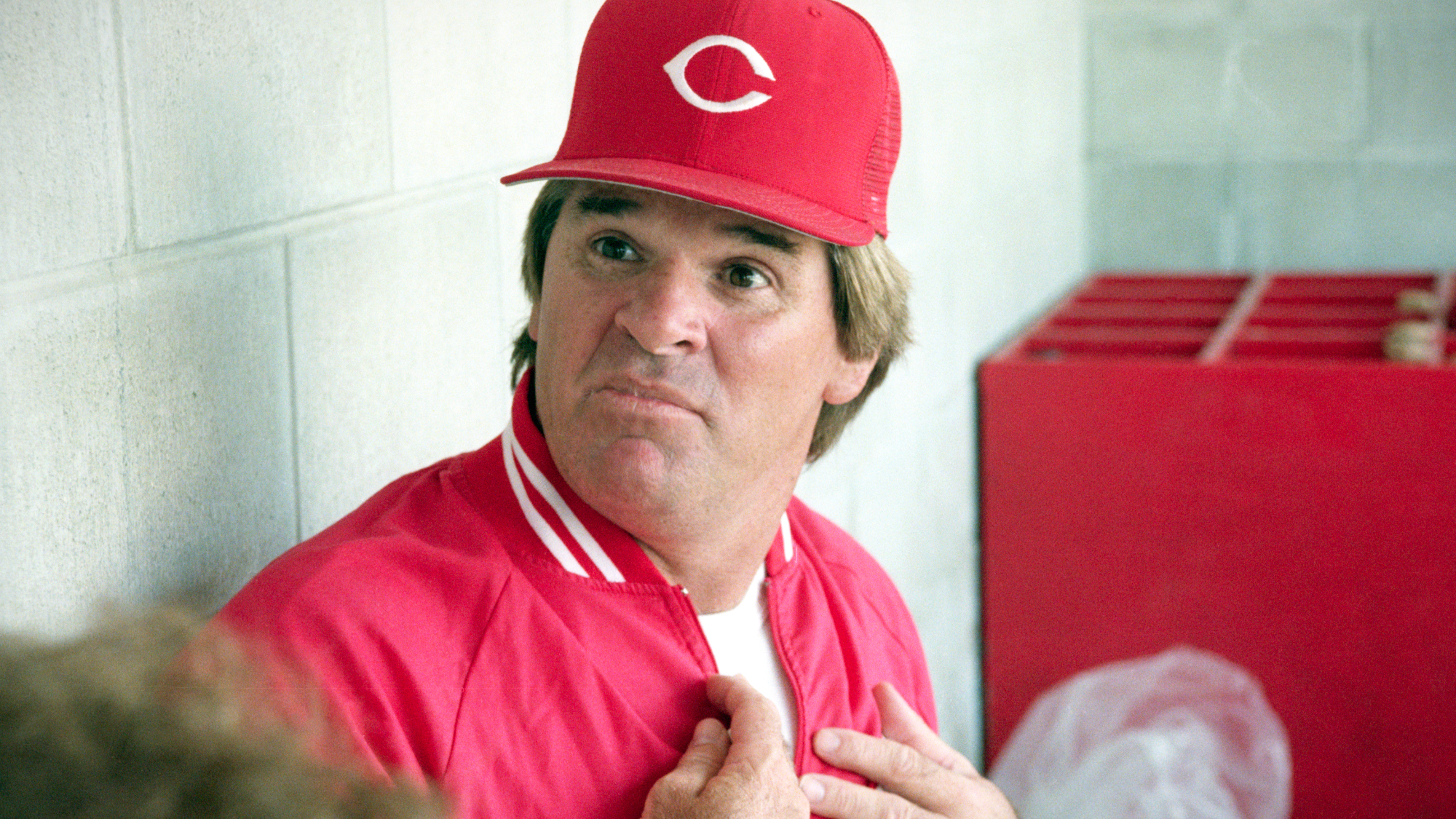 MLB lifts ban on Pete Rose, other dead players
MLB lifts ban on Pete Rose, other dead playersspeed read 16 deceased players banned for gambling and other scandals can now be inducted into the Baseball Hall of Fame
-
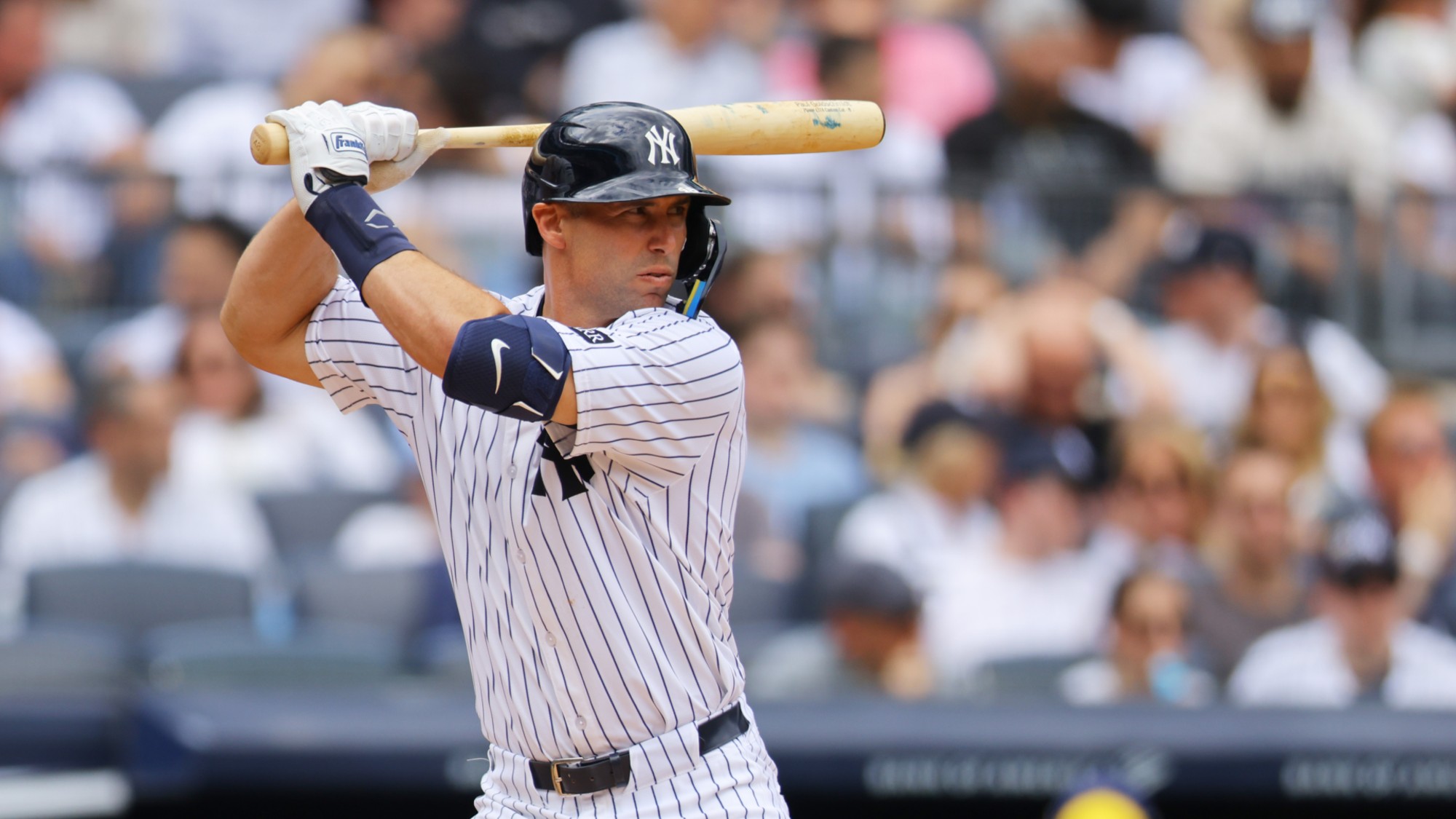 Torpedo bats could revolutionize baseball and players are taking notice
Torpedo bats could revolutionize baseball and players are taking noticeIn the Spotlight The new bats have been used by the New York Yankees with tremendous success
-
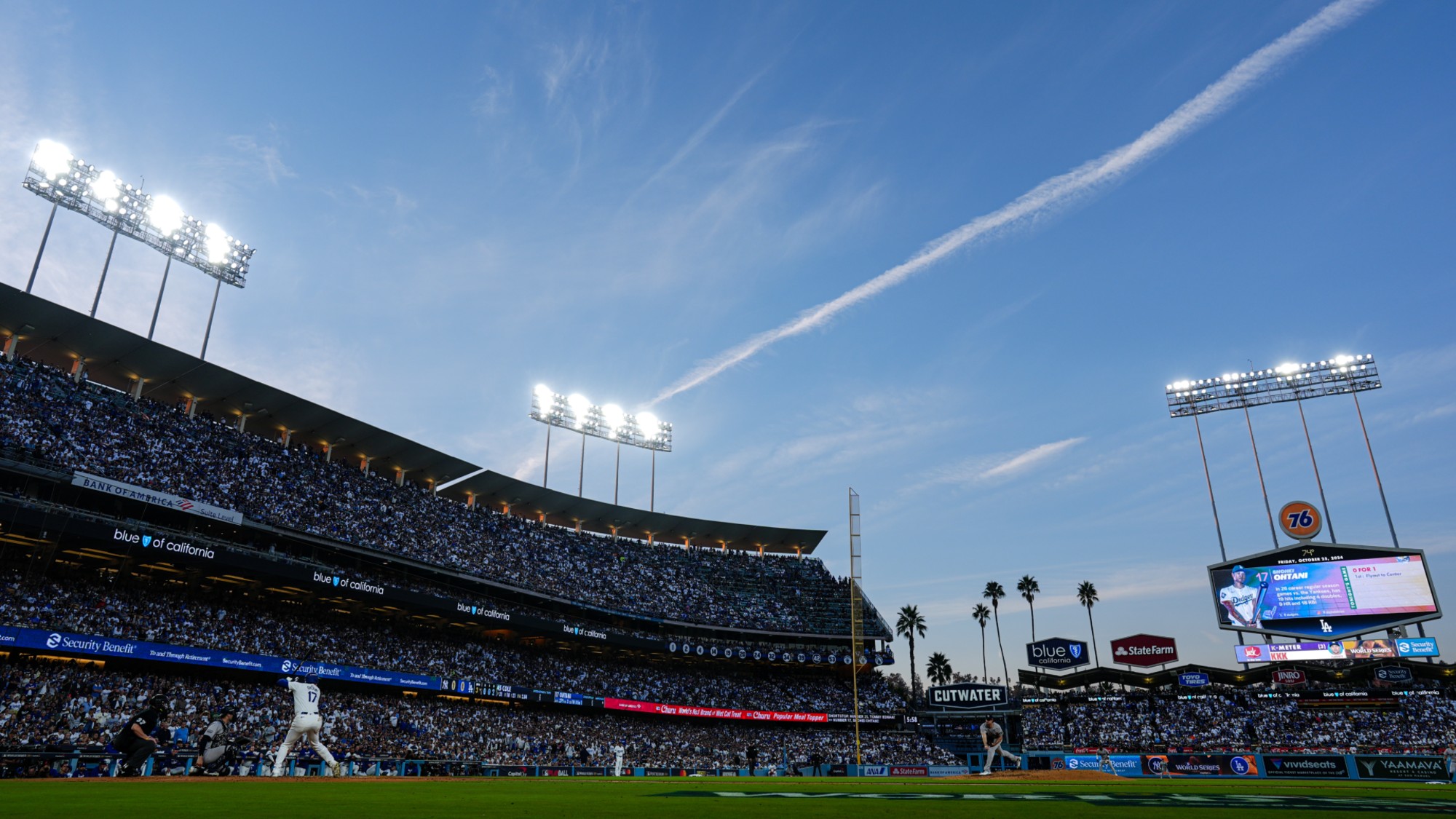 Dodgers' spending spree renews push for salary cap
Dodgers' spending spree renews push for salary capThe Explainer Spending limits might not be the answer that smaller market teams are looking for
-
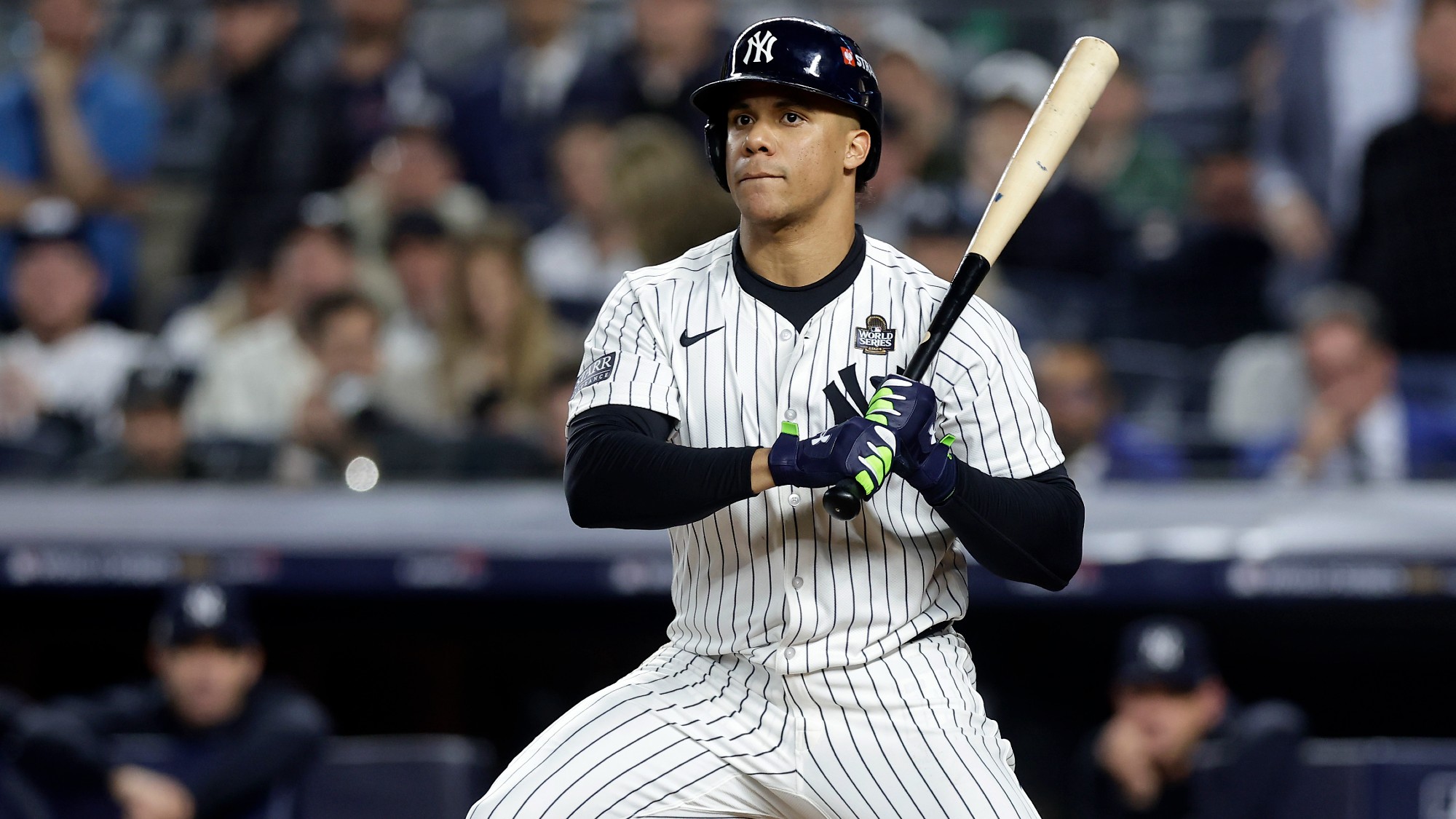 How much is Juan Soto worth?
How much is Juan Soto worth?Today's big question Will the New York Mets regret the record-setting mega-contract signed by the coveted outfielder?
